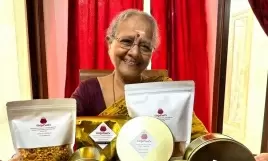How a Former Tea Taster and Investment Banker Built a Rs 82 Crore Turnover Rural Mini-Mart Chain
04-September-2024
Vol 15 | Issue 36
Starting his career as a tea taster and then moving into investment banking after completing his MBA from Wharton Business School, Sameer Gandotra launched the Frendy chain of mini and micro marts in 2019, alongside co-founders Gowrav Vishwakarma, Ninad Patel, and Harshad Joshi.
"Despite the hype around e-commerce, rural residents were not part of the customer base. Trust and last-mile service were missing. After researching, we realised purely digital solutions wouldn’t work because these customers had never experienced modern retail. So, we created a 'phygital' model, blending physical and digital elements," explains Sameer.
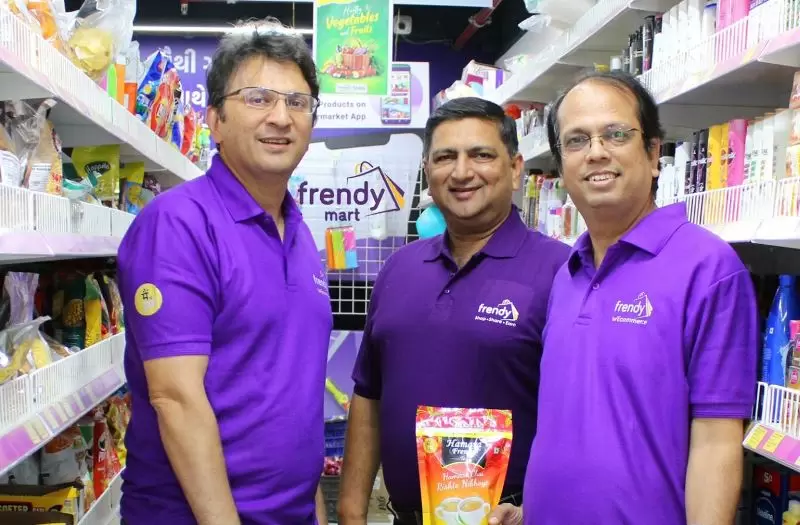
| Sameer Gandotra (extreme left) launched Frendy along with two other co-founders in 2019 (Photos: Special Arrangement) |
The startup currently operates 24 mini-marts in small towns across Gujarat, including Chitroda, Khodiyarnagar, Nikol, and Gondal. These stores, ranging in size from 500 to 1,000 sq. ft., stock around 1,000 to 2,000 SKUs. Customers within a 1km radius can either walk in to shop or order via the Frendy app for home delivery.
These mini-marts also support about 4,000 micro-stores in nearby villages, many run by women. The micro-stores, around 50 sq. ft. in size, typically have one or two racks of products. Customers from a 500 m radius visit these stores, which offer 100-200 SKUs.
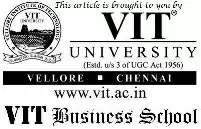
Headquartered in Ahmedabad, Gujarat, Frendy recorded a turnover of Rs. 82 crore in the last financial year. Operating under the name Areli Commerce Pvt Ltd, they offer around 5,000 SKUs including beauty products, groceries, pooja essentials, and kitchen accessories, and 300 of their own products. Since its inception, the brand has served over 100,000 households.
Sameer Gandotra was born in Kolkata in 1976. His father, Ashok Gandotra, was a tea taster at the Bush Tea Company and captained the Indian Under-19 cricket team, even playing two tests for India.
His father left his job to start his own tea company, when Sameer was around eight years old. “I saw what being an entrepreneur meant from a young age,” Sameer recalls. “We had a comfortable life—living in a large house with a chauffeur-driven car. But when my father started his business, things changed.
“We moved to a smaller house, and I remember helping him pack different varieties of tea for export to the UK and Canada. The business, Tea Mark Export Company, still runs today.”
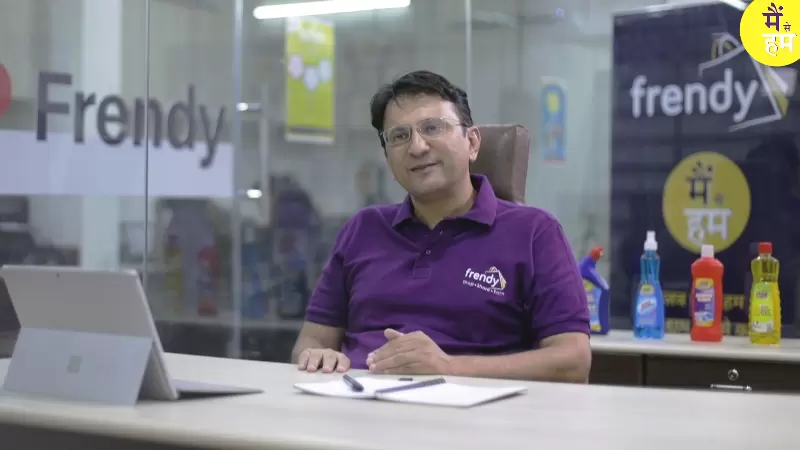
| Sameer began his career tasting tea, besides other work, in Duncan Tea and then at Tetley Tea |
Growing up in cosmopolitan Kolkata, Sameer was involved in many extracurricular activities at school, captaining the cricket team and winning awards in debate competitions. He was recognised as the best all-rounder when he was in Class 12.
After completing his schooling at La Martiniere for Boys, Kolkata, in 1995, Sameer went on to do his BA in Mathematics from St. Stephen’s College, Delhi, in 1998.
He briefly returned to Kolkata, intending to follow in his father's footsteps as a tea taster. He worked as an unpaid intern in Duncan Tea’s sales and distribution department in Delhi.
He then spent six months in London with Tetley Tea, gaining experience in tea procurement and tasting.
“Tea tasting has always been a seasonal business, with 80% of the activity happening between June and September. Tetley was a major brand, sourcing tea from around the world, and during my time there, I would taste around 500 cups of tea each day,” says Sameer.
In late 2000, Sameer launched an e-commerce website from Kolkata, selling specialty tea under the name acupoftea.com. He personally handled the coding for the website.
By May 2001, he joined Wharton Business School for an MBA in finance, with a minor in sports management. His first week in the US coincided with the 9/11 tragedy. “It was a chaotic and difficult time,” he remembers.
After completing his MBA in 2003, Sameer took a three-month internship with Bank of America’s investment banking division, earning $30,000 over the summer.
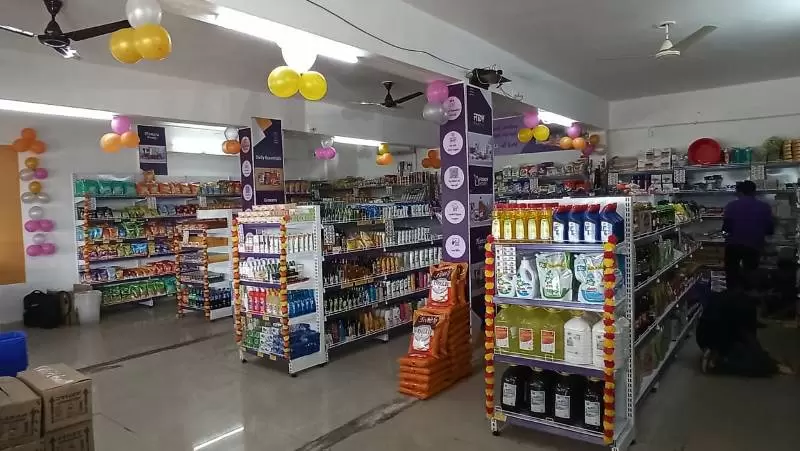
| An inside view of a Frendy Mini Mart |
He later landed his first job as a business analyst in the mergers and acquisitions department at Nelson Resources in Almaty, Kazakhstan, in 2004, earning $4,000 per month. He worked his way up to the position of Chief Business Officer at the billion-dollar company by 2009. From 2010 to 2018, he worked as a consultant for several companies in Kazakhstan before returning to India to be closer to his aging parents.
Upon his return, he helped friends raise funds for their real estate businesses. During this time, he recognised the potential in tier 3 and 4 cities.
In 2019, Sameer and his co-founders launched Frendy in Ahmedabad with an investment of Rs. 13 crore. They noticed that large supermarket chains were only present in big cities, leaving rural areas underserved.
Frendy launched in September 2019 as a referral marketing or community commerce platform. In this e-commerce model, customers earned points on their purchases, which could be redeemed for discounts on future buys.
They could also refer friends through a mobile link, earning additional discounts when their referrals made purchases. Initially focused on groceries, Frendy also offered electronics, fashion, home goods, and kitchen essentials. Starting with around 1,500 products, the inventory has now expanded to 4,000 items.
The first phase was entirely referral-based: the more people connected through referrals, the greater the discounts customers received. Frendy began in tier 3 and 4 towns of Gujarat and gradually expanded into tier 5 and 6 villages.
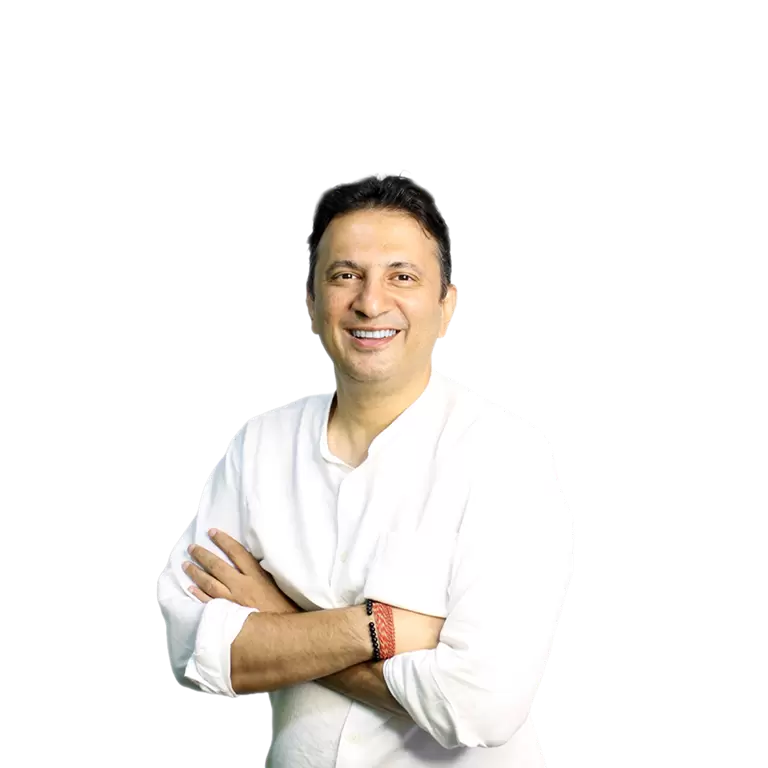
| Sameer started focusing more on tier 3 to tier 6 towns in Gujarat post-pandemic |
Frendy's business model evolved after the Covid pandemic. Sameer explains, "We realised that the referral model wouldn't be sustainable long-term, so we shifted our approach and became more like a Big Basket for tier 3 to tier 6 towns in Gujarat."
Since then, the focus has shifted exclusively to groceries. In March 2022, the founders introduced micro-stores, primarily run by women, and moved into a B2C model where customers can either shop via the app or walk into a store.
Once an order is placed, Frendy supplies products to these women, who then sell them to local families, earning a 3-4% margin on each basket. Frendy delivers groceries to these micro-stores two or three times a week.
Frendy has since expanded to 24 standalone marts, with eight company-owned and the rest franchised. The franchise model charges a one-time fee of Rs. 1 lakh, with no royalty.
Sameer is the CEO, responsible for strategy, business development, and fundraising. Harshal manages sales and operations, Gowrav handles technology, and Ninad is the CFO.
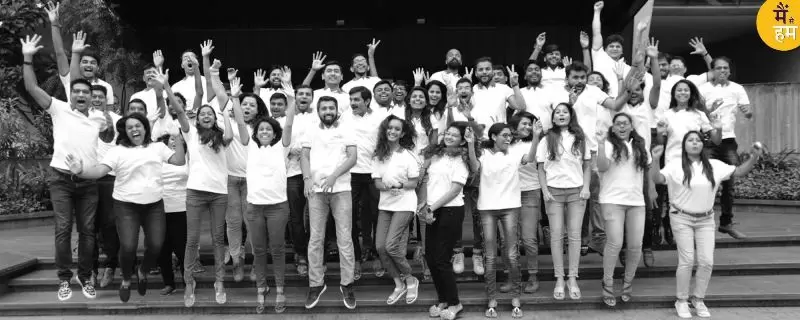
| Members of the Frendy team charged for the exciting days ahead |
Reflecting on the journey, Sameer says, “Starting as a referral model, we quickly learned that people in small towns are big spenders too. It was easier to understand their aspirations than those of urban dwellers.”
In his free time, Sameer enjoys walking, listening to music, watching movies, and spending time with his family. His advice to aspiring entrepreneurs is, "Bootstrap your business and start small. Fast growth isn't for everyone. The key is scalability—first get the recipe right, then scale up." - ©TWL






